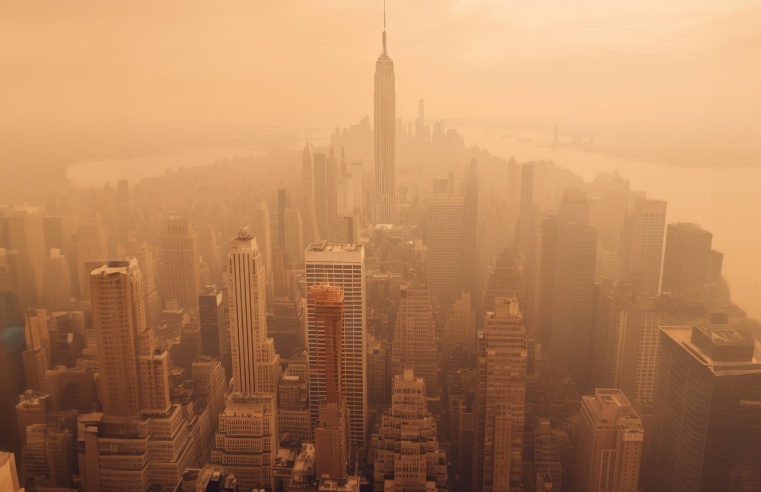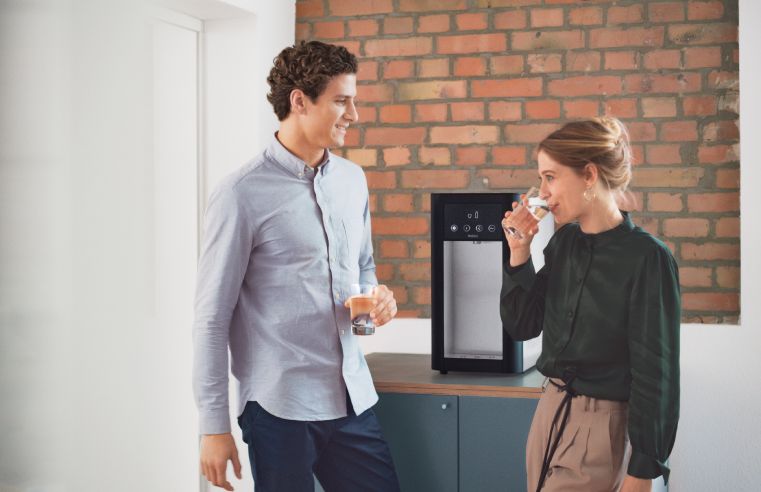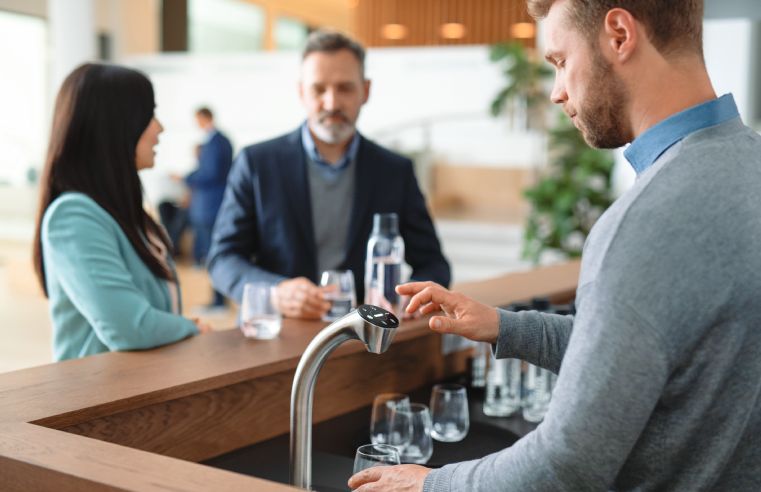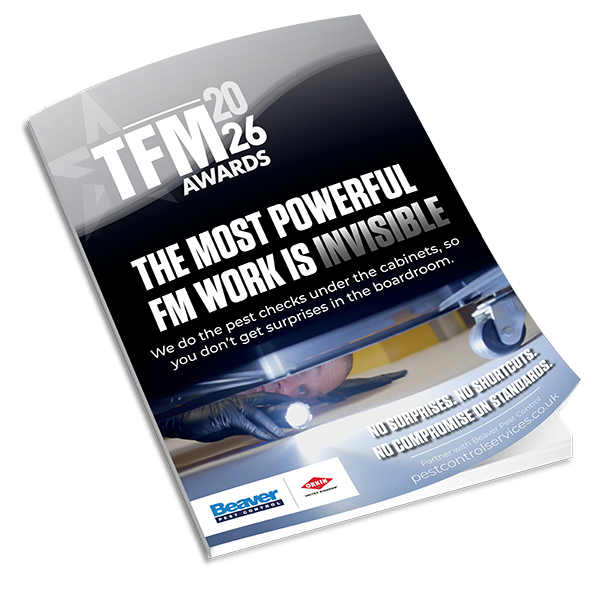The office is not dead, it is just decentralising, suggests Emma Long, Managing Director of the North at BizSpace, as she talks us through the post-pandemic future for corporate workspaces.
The coronavirus pandemic has forced a sea change in everyday working norms. Conferences have been replaced by conference calls, team meetings are now Microsoft Teams meetings and chats across the office have been replaced by threads on Slack. Many have posited whether the British workforce’s ability to adapt to these remote working patterns, in many cases very successfully, has heralded the end of the office. This could not be further from the truth.
There can be no doubt that the way we work in the wake of the pandemic will fundamentally change, but the office is not dead, it is just decentralising. Office closures have prompted businesses to work in more footloose and agile ways.
As corporates look to cater to the 61% of desk-based workers wanting to work from home more following the pandemic, a host of new safety requirements and the financial pressures of COVID-19, there will be a shift away from the traditional city-centre HQs towards a hub and spoke office footprint.
A new era in working
While some businesses and workers have adapted well to lockdown working, others have felt the impact of worker isolation and disrupted communications on productivity and team wellbeing. In fact, 38% of workers report that lockdown has negatively impacted their wellbeing, while the British Council for Offices has seen a significant spike in musculoskeletal complaints. A further 42% of workers have reported an increase in distractions at home, while productivity across the UK economy also fell by over 21% in Q2 this year – undoing all productivity growth since 1997.
Ultimately, it seems that universal remote working is not a sustainable option for businesses or people. So, it should come as no surprise that research from Cushman & Wakefield estimates that demand for office space in Europe could return to robust pre-pandemic levels over the next two years. However, it is dense urban areas, a landscape of city-centre skyscrapers and high-rise HQs, which will be hardest pushed to recover.
A diffuse urban landscape
While growing demand for regional office space is an increasingly attractive solution to meeting the challenges of COVID-19, it is no new trend. Even pre-pandemic, corporates were beginning to recognise the benefits of a decentralised hub and spoke office model over London-based HQs. In Nottingham, for example, the flexible workspace market grew by 93% between 2017 and 2019, while in early 2020 developers were committing to 4.3 million sq ft of office projects in Birmingham, Leeds and Manchester.
COVID-19 is naturally accelerating this. In fact, while searches for office space across the UK as a whole are still down on pre-pandemic levels, the striking exception is an increase in office searches almost exclusively in satellite locations. Birmingham, for example, saw a 65% uptick in office enquiries between January and July this year.
The hub and spoke solution
Not only is office demand shifting away from a London-centric mentality in favour of regional locations, the nature of demand in the UK’s second and third cities is also shifting from the urban core to the suburbs. One reason for this is that many centre HQs are woefully ill equipped to meet the health and safety challenges of COVID-19. Limited lift capacity in high-rise buildings, crowded corridors and public apprehension about crowded public transport are just the first examples.
A hub and spoke model is the obvious solution, with a decentralised network of flexible office space empowering people to access the amenities of the workplace closer to home, as well as helping teams return to the professionalism and productivity benefits of the office, with confidence in their safety. At BizSpace, for instance, all of our centres offer private car parking spaces to provide an alternative to public transport travel.
Clearly, the demands and priorities of both businesses and their employees are shifting. But in the weeks, months and years to come, we will see also that the pandemic is far from a death knell from the office. Instead, we should expect businesses in increasing volumes to shun the traditional, long term and rigid commitment required by a city-centre HQ, looking not only to the regions, but to also away from the urban core as part of a new hub and spoke model.



































